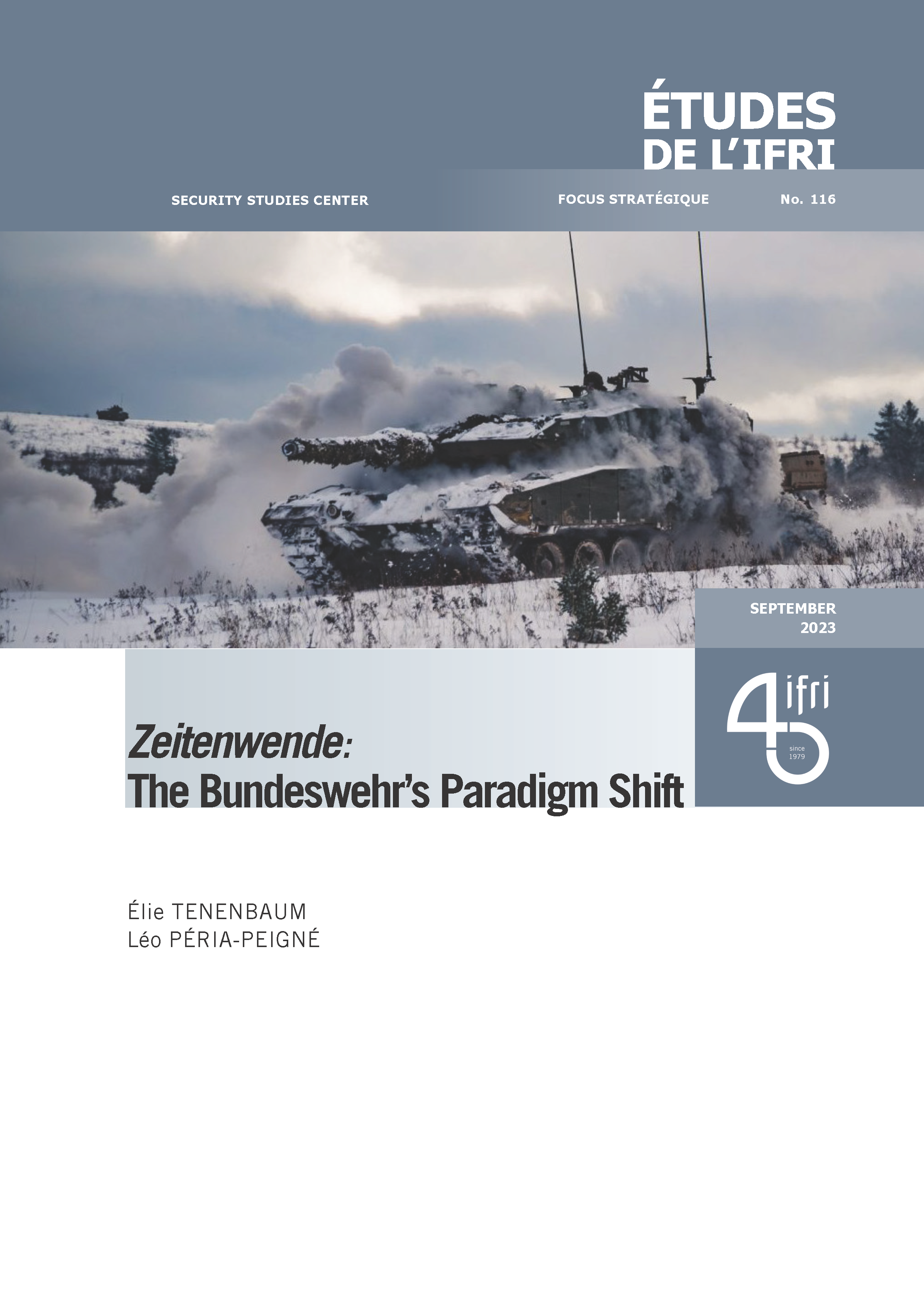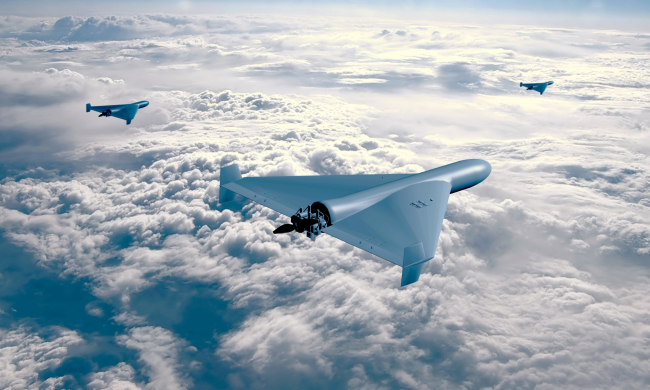Zeitenwende: The Bundeswehr’s Paradigm Shift

Russia’s invasion of Ukraine on February 24, 2022, marked a turning point in German defense policy. After thirty years of military downsizing, the Bundeswehr found itself at an extremely low capability level just as a high-intensity war involving a great power was breaking out on Europe’s doorstep for the first time since 1945. Chancellor Olaf Scholz’s response was to embrace this “turning point” (Zeitenwende) by launching a major program to reequip Germany’s armed forces.
However, this change is part of a longer trend that started after the first wake-up call in 2014, following which Germany began tentatively to rebuild its military power. Under American pressure to share the defense burden, the new government that took office in 2021 included in its coalition agreement a national security strategy and an increase in defense spending. The war in Ukraine precipitated these decisions, combining the urgent need to provide arms with the more gradual pace of a long-term rearmament program.
In order to implement this rearmament plan, Olaf Scholz’s government set up a special fund (Sondervermögen) of €100 billion, financed by debt and dedicated entirely to the procurement of new materiel for the Bundeswehr. In addition to capability modernization, the Zeitenwende is founded on significant ambition within NATO. The North Atlantic Alliance remains the fundamental framework for the Bundeswehr, both on a conceptual and a doctrinal level. Finally, this multilateral integration is underpinned by a robust network of bilateral cooperations. The first and most important of these is undoubtedly with the United States; this relationship is carefully cultivated by Berlin despite the tensions caused by American frustrations with German shortcomings on defense issues.
All of these considerations bring us to an assessment of the implications of such a change for France, both in its partnership with Germany and at the European and transatlantic level.

Available in:
Regions and themes
ISBN / ISSN
Share
Download the full analysis
This page contains only a summary of our work. If you would like to have access to all the information from our research on the subject, you can download the full version in PDF format.
Zeitenwende: The Bundeswehr’s Paradigm Shift
Related centers and programs
Discover our other research centers and programsFind out more
Discover all our analyses"Iron Swords" A Military Analysis of Israel's War in Gaza
On October 7, 2023, Hamas' attack, dubbed “Al-Aqsa Flood,” caused a major shock and led Israel to launch the longest war in its history. Operation “Iron Swords” was notable for its unprecedented intensity, both in terms of the massive ground forces deployed and the firepower used.
Saudi Arabia’s Nuclear Temptations. Lessons Learned from Regional Instability
Saudi Arabia’s integration in the international arena and regional stability, notably through reducing its dependence on fossil energies, are crucial elements for the success of the Kingdom’s Vision 2030, the Crown Prince’s top priority. However, Mohammed bin Salman’s declarations in 2018 and 2021, indicating that “if Iran develops a nuclear bomb, we will follow suit as soon as possible”, combined with the recent strikes on key Iranian nuclear facilities, do not bode well for the future of the Kingdom, the region and the non-proliferation regime at large.
The Future of Air Superiority. Command of the Air in High Intensity Warfare
Air superiority, understood as control of the air, is a cornerstone of the Western art of warfare. It is a decisive condition, albeit not sufficient by itself, to achieve military victory, as it enables the concentration of air power toward the achievement of wider strategic objectives and protects other components from unbearable attrition levels. It is best achieved through the offensive use of air power in a joint effort to neutralize the enemy’s air power.
Europe Uncovered?
As Russia continues to threaten Europe, the Trump administration is making no secret of its desire to withdraw—at least partially—from the defense of the Old
Continent in order to focus on strategic competition with China. It is thus putting pressure on its European allies to increase their investment in the military sector. The NATO Summit in The Hague in June 2025 resulted in ambitious commitments by member states to increase their defense spending.














